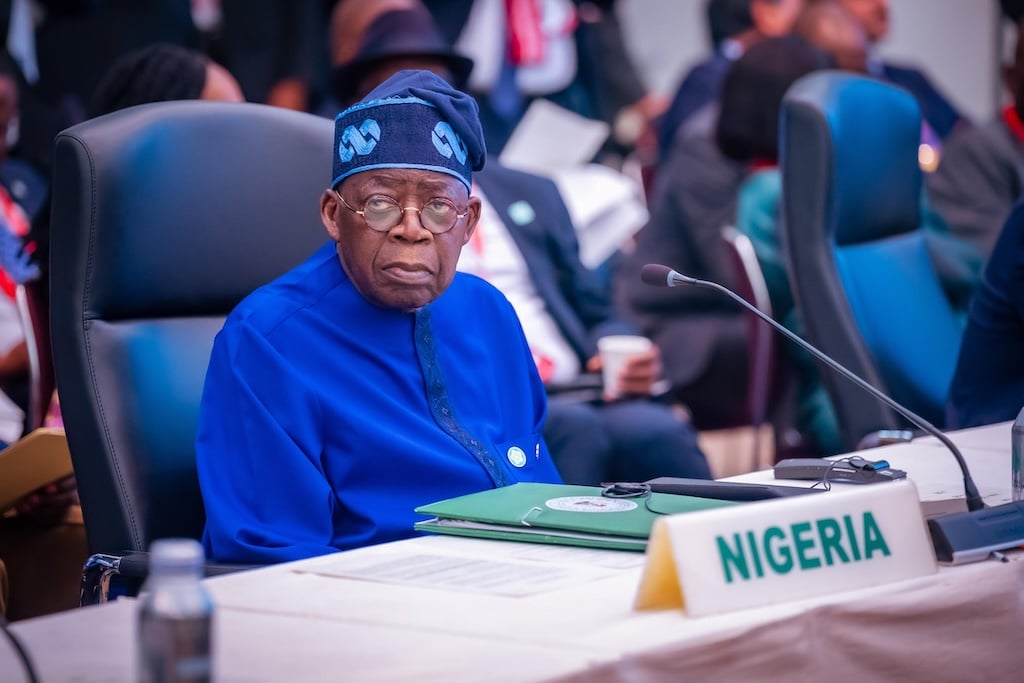A heated debate unfolded in Washington as the US House Foreign Affairs Subcommittee on Africa reviewed President Donald Trump’s decision to redesignate Nigeria as a Country of Particular Concern (CPC) over alleged genocide against Christians.
Lawmakers, religious leaders, and senior US officials gave sharply contrasting views during the public hearing, which examined religious persecution, extremist violence, and the US government’s appropriate response.

Chairman Chris Smith opened the session with a stark warning, claiming most Christian martyrdoms worldwide occur in Nigeria. He blamed militant Fulani groups and other extremists for widespread killings, kidnappings and destruction carried out “with impunity.”
Senior State Department officials, Jonathan Pratt and Jacob McGee, told lawmakers that extremist groups such as Boko Haram, ISWAP, ISIS Sahel and criminal militias are expanding attacks beyond the North-East into Nigeria’s Middle Belt. Pratt emphasised that Christians remain frequent targets and said the US expects Nigeria to show real progress in protecting vulnerable communities.
The second panel included global religious freedom advocates and Bishop Wilfred Anagbe of the Makurdi Catholic Diocese, who described the situation as a coordinated attempt to erase Christian communities. He recounted recent massacres, displacement of millions, sexual violence against women, and attacks on clergy and villages across Plateau, Benue, Kaduna and Kogi States.

Some lawmakers supported Trump’s stance, including Representatives John James and Bill Huizenga, who insisted that the violence is severe, systemic and not properly addressed by Nigeria’s government. James also criticised the continued detention of Nnamdi Kanu, linking it to broader failures of governance and selective justice.
Others argued for a more balanced interpretation. Representative Johnny Olszewski noted that both Christians and Muslims have long suffered attacks from extremist groups, stressing that Nigeria’s challenge is not deliberate persecution by the state but a “capacity problem.” Representative Pramila Jayapal warned against simplifying the conflict into a purely religious narrative and criticised Trump’s threat of military intervention as dangerous and illegal.

Congresswoman Sara Jacobs condemned Trump’s “guns-a-blazing” rhetoric, arguing that it has already heightened tensions. She stressed that any unilateral US military action in Nigeria would violate international law and could worsen instability. Instead, she called for deeper diplomatic engagement, stronger governance reforms, and more support for violence-prevention programmes.

Throughout the hearing, Pratt confirmed that Nigeria has been cooperating seriously with the CPC designation and that high-level meetings are ongoing between both countries.
Bishop Anagbe closed his testimony with an emotional plea for urgent international action, warning that Christian communities in parts of Northern and Middle Belt Nigeria may not survive without coordinated political, military and humanitarian support.




